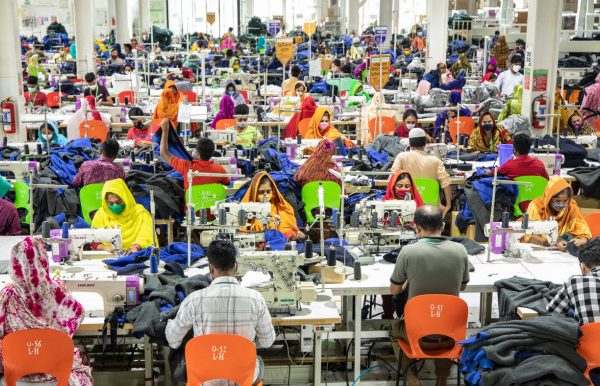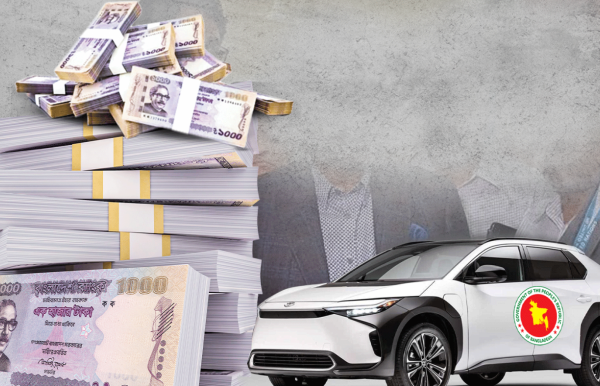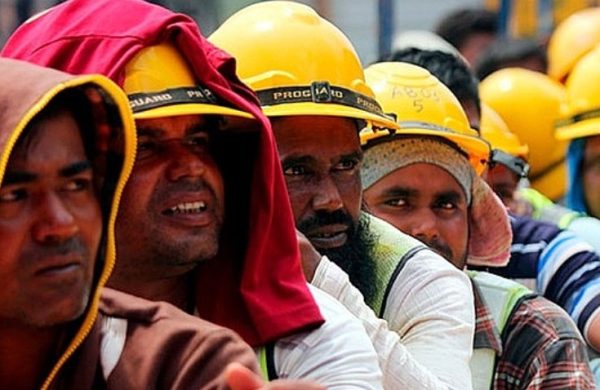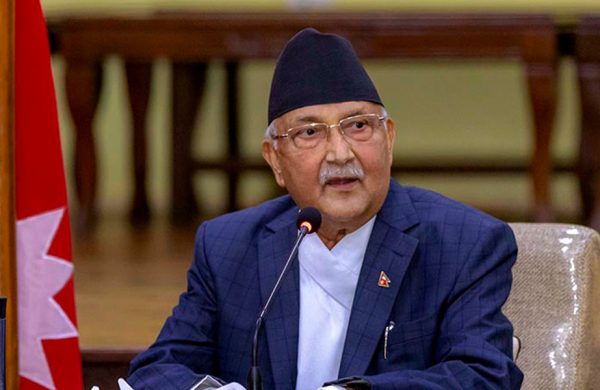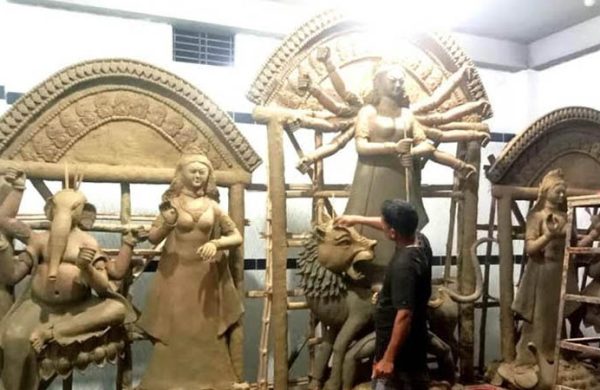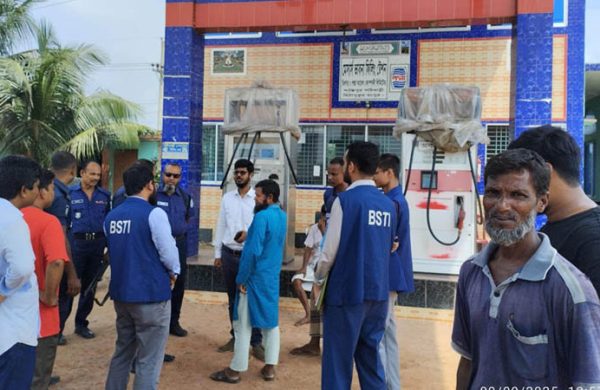How the success of combo offers reflects a shift in middle-class purchasing culture
- Update Time : Sunday, November 17, 2024
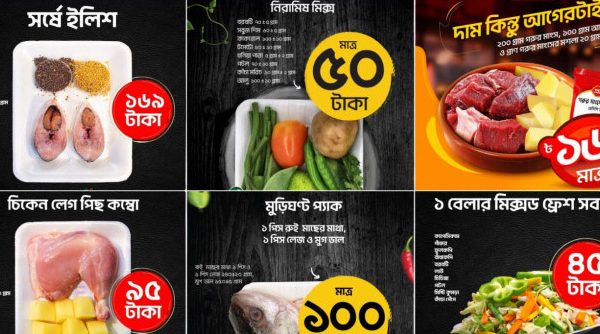
TDS Desk
Mukta, a resident of Agargaon, rarely buys beef for her family of two—herself and her husband—since their doctor advised them to limit red meat intake for health reasons. Although she usually purchased at least a kilogram of meat from local vendors, she disliked buying a full kilo of beef, storing it in the freezer, and cooking it sporadically. Eventually, she stopped buying it altogether.
However, a recent offer at a nearby supermarket caught her attention: a combo pack of 200 grams of beef and 100 grams of potatoes for only Tk160. “It was a great deal for our lunch and dinner on the weekend,” Mukta shared.
Such combo offers proved even more convenient for Foysal, a bachelor mess dweller from Rampura. Without a refrigerator, he and his two roommates have limited options for buying perishable foods like fish. “Thanks to a Tk60 combo pack with two pieces of rohu fish and 100 grams of potatoes—which we bought three packs of for both lunch and dinner—we could finally enjoy fish at home after a long time,” Foysal said.
This way, such combo offers have quickly become the talk of the town in Dhaka. It first came to the limelight when Shwapno, the country’s largest supermarket chain, launched its beef-potato combo on 1 November. According to Shwapno’s company report, they sold 75,000 units of this combo pack within the first nine days. Now, Shwapno offers 20-25 different combo packs, featuring small portions of fish, meat, vegetables, khichuri, and snack items.
Some other supermarkets like Amana Big Bazar and Daily Shopping have also drawn in many customers with similar packages. Even in some open markets outside Dhaka, a handful of vendors have begun offering smaller portioned packages to cater to this growing demand.
Ghulam Rahman, President of the Consumer Association of Bangladesh (CAB), views this as a smart marketing strategy. “With this, consumers will be benefited. People will be able to buy as much as they need,” he said.
Shwapno and other supermarkets also claim that these offers are designed to support middle-class consumers coping with high food prices.
However, there is more to the story.
Even though food inflation in the country has remained over 10% since April this year, food insecurity has long been a reality in Bangladesh. In spite of this, buying in bulk has always been a point of pride among many Bangladeshis, who commonly jest about neighbouring Indians’ habit of purchasing in small quantities.
Thus, the popularity of these combo offers finally signals a shift in the middle class’s buying culture.
Dr Saifur Rashid, a Professor of Anthropology at Dhaka University, explained that the habit of buying food items in bulk among Bangladeshis is deeply rooted in history. With a Muslim-majority population, this tendency is partly inherited from the Mughal era, a time known for its love of abundant feasting.
As an agriculture-based society, Bangladeshis have historically engaged in extensive physical labour, which was compensated by a hearty diet, including a lot of carbohydrates. Shared meals and collective eating have also been significant aspects of Bangladesh’s cultural fabric.
This cultural distinction sets Bangladeshi Bangalis apart from the Bangalis in Kolkata, Dr Rashid added. “While Bangladeshis traditionally spend most of their income on food, Kolkata Bangalis tend to eat less, save more, and spend a significant amount on cultural activities and travel.”
However, this trend is gradually shifting, Dr Rashid observed. With urbanisation, Bangladeshi middle class no longer engage in as much physical labour and are learning to diversify their diet. They’re moving away from three large meals daily, incorporating lighter foods throughout the day.
“Shifting from joint family to nuclear family has also had a big say in this,” said Dr Rashid. In urban areas, where both spouses often work outside home, they have less time for meal preparation and grocery shopping. “As a result, even if a family can afford food, it’s no longer feasible to invest so much money, time, and energy into it,” he explained.
And so, the recent popularity of small combo offers was long overdue, believes Shaiful Hossain, economics analyst, finance and business strategist. He explained that the rise of the Internet has turned the world into a global village, and Bangladeshis have finally become aware that purchasing in small quantities to meet specific needs is a common practice not only in India but also across the world, including in leading Western countries.
“However, this practice was not widespread in our country until recently. Many people used to feel hesitant about buying in small amounts. But now, this marketing strategy is helping the middle class embrace a new buying culture,” said Shaiful.
He further noted that these smaller portions could significantly reduce food waste and unnecessary spending. “Many people in our country spend up to 60% of their income on food. But with these small combo offers, they will gradually develop a more thoughtful approach to food consumption.”
“Even without realising it, our society remains deeply consumerist. When it comes to food, we often struggle to settle for less. With these new practices, some people might begin to understand that what is meant for two can actually be shared by three, or what is intended for three can, in fact, be enough for five,” he added.
Shaiful also addressed concerns about the small combo packages being priced higher than bulk quantities. “I don’t think it’s a major issue. Smaller quantities often cost more than bulk amounts due to various factors like packaging, convenience in selling, and other logistical considerations,” he explained.
Dr Mohammad Naveed Ahmed, Joint Convenor of the Dhaka Chamber of Commerce & Industry (DCCI) noted that while these combo packs are currently mostly found in supermarkets, it would be beneficial to make them available in regular markets as well. “But proper cleanliness will be a big concern, as people expect the combo packs to be ready to cook,” he suggested.




